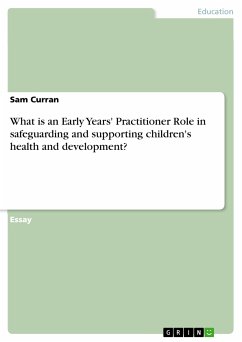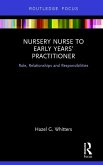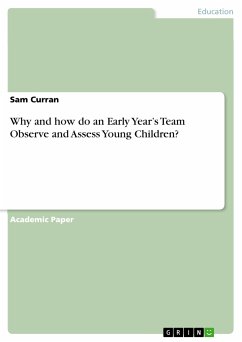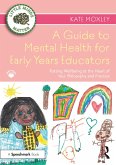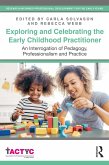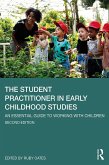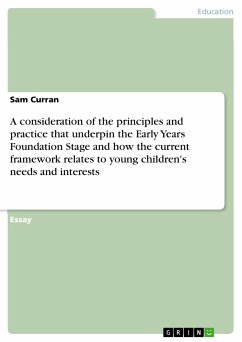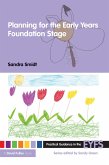Essay from the year 2014 in the subject Pedagogy - Nursery Pedagogy, Early Childhood Education, grade: 71, University of Cumbria, course: Secondary Maths Teaching with QTS, language: English, abstract: Children are a valuable resource, in a plethora of ways. One could see them rather crudely as being just useful for the economy: in that they can be relied upon to fill positions and jobs which have been left by those who have retired and become dependent on their younger counterparts. However, this viewpoint seemingly demeans the wider use of children, one which is acknowledged by Unicef (2012) in their authoritative document stipulating The Rights of the Child, as they list a total of 54 articles which refer to the rights of children, including how adults and governments can collaborate to ensure that they are safely provided for. The document proceeds to emanate a series of things which must be in place for children to fulfill their potential and become responsible citizens who make a positive contribution to society. Alluding to the holistic movement of education which is seemingly so prevalent in modern times, the article converses of the commodities/provisions which children should have access to: ranging from basic rudimentary articles such as food and shelter, to things which are deeper in nature: i.e. to be stimulated in all the right ways and to receive correct nurturing and support which will facilitate their well-being to the optimum level. In line with eminent psychological theory often cited in education, a child needs to have access to fundamental needs like sustenance and a fixed abode before they can reach a state of well-being, and perhaps even the feted level of self-actualisation, where they are at one with themselves (Maslow, 1970). This influences the importance of securing a child's well-being due to their fragility and importance for the future. This assignment will specifically focus on what exactly an EYP can do to support a child's development, whilst assessing how public policy has been implemented to safeguard the rights of a child, with a particular focus on how all children can be catered for.
Dieser Download kann aus rechtlichen Gründen nur mit Rechnungsadresse in A, B, BG, CY, CZ, D, DK, EW, E, FIN, F, GR, HR, H, IRL, I, LT, L, LR, M, NL, PL, P, R, S, SLO, SK ausgeliefert werden.
Hinweis: Dieser Artikel kann nur an eine deutsche Lieferadresse ausgeliefert werden.

